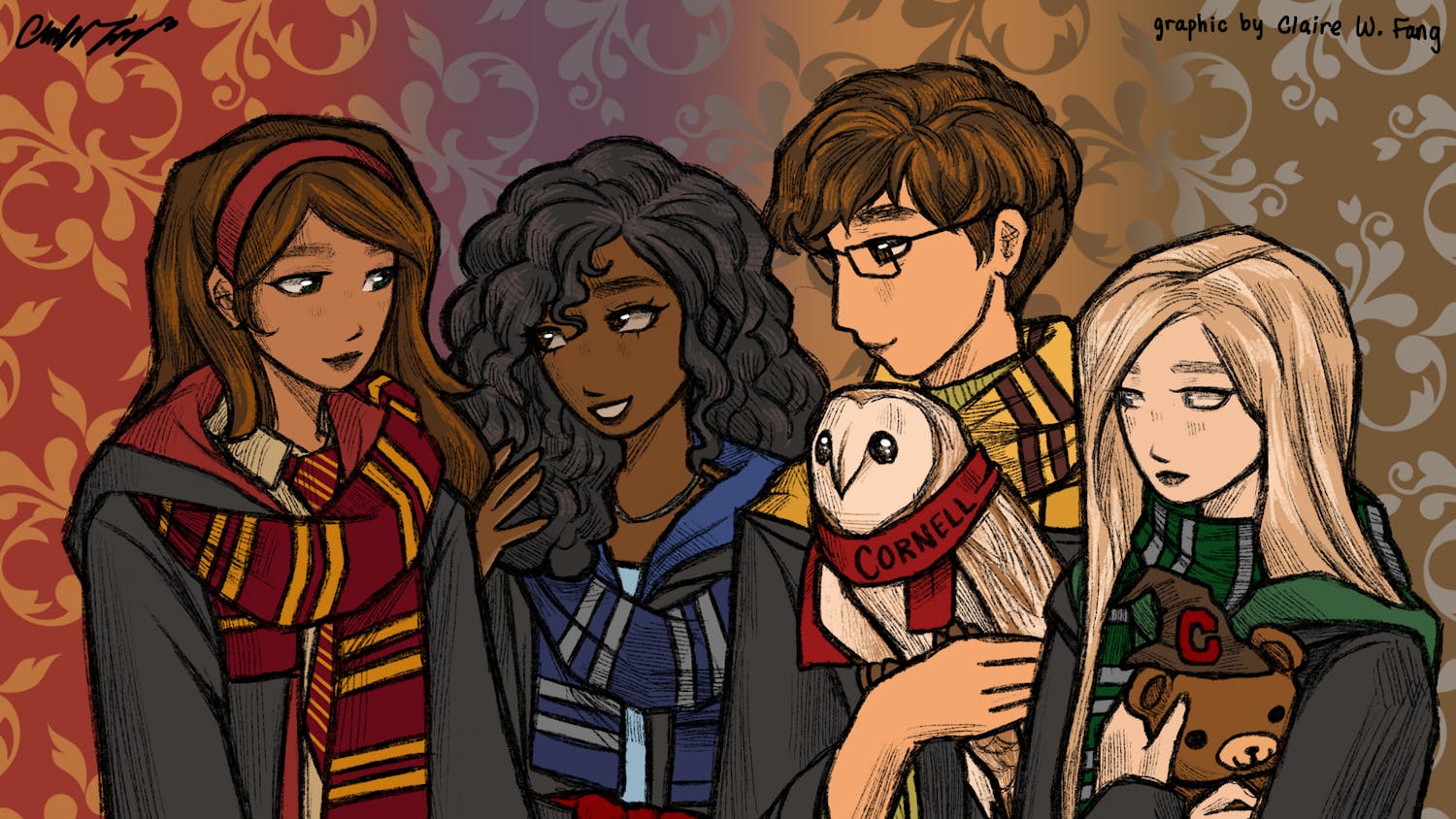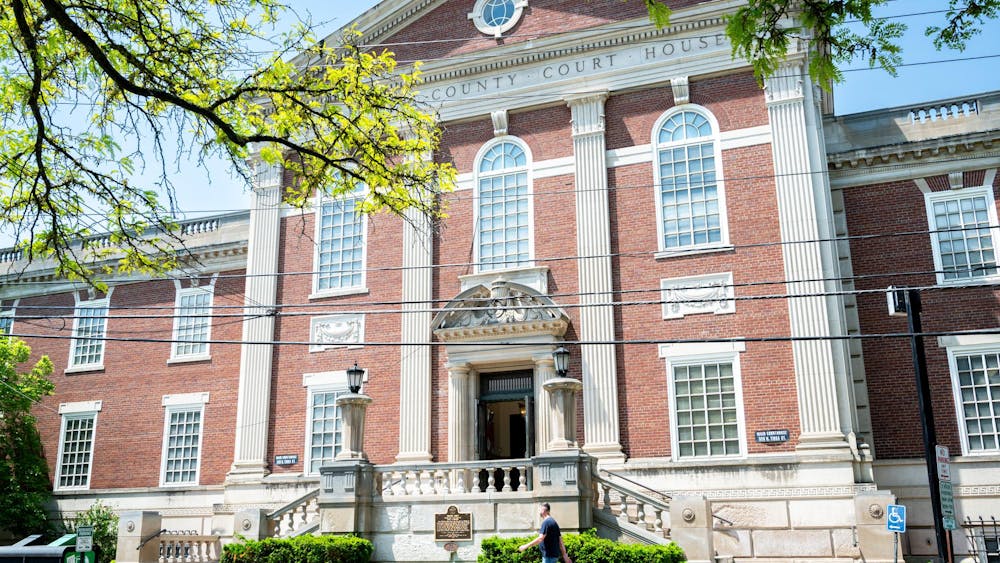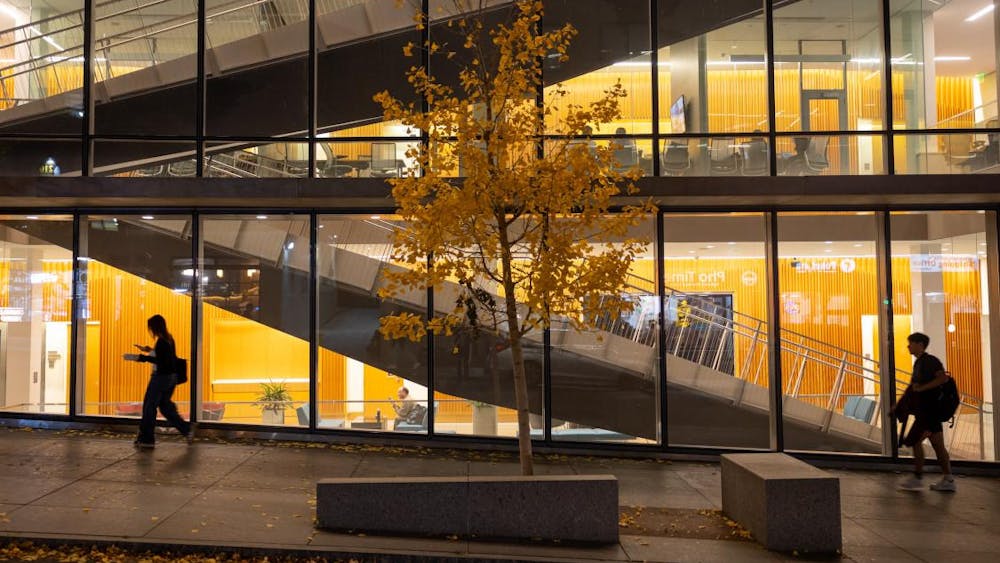Prof. Colin Parrish, the John Olin Professor of Virology at the Baker Institute for Animal Health, has been elected to the American Academy of Microbiology. This prestigious nomination puts him among one of the 65 new members invited to the academy this year.
The American Academy of Microbiology is an honorary leadership group within the American Society for Microbiology that collaborates on research in the field of microbiology and leads scientists to present findings to the general public. Candidates must be nominated by a current member and undergo rigorous screening of academic work to be elected. Two Cornell faculty members were elected to the Academy this year, Parrish and Prof. Craig Altier, population medicine and diagnostic sciences.
Parrish primarily researches the fundamental process of viral diseases and infection processes. Specifically, his research is focused on viral diseases in canines.
“The canine parvovirus emerged in 1978 as the cause of a global pandemic of disease in dogs. That has been a model that I have studied on and off since 1978,” Parrish said. “We have also studied other viruses that have emerged in dogs to cause epidemics of disease — including two different canine influenza viruses.”
In fact, the Parrish Lab was recently able to make an important discovery regarding canine parvovirus. The findings included how certain antibodies like IgM bind to parvovirus and neutralize it, which gives an idea for how the virus can be targeted and nullified. Using this contributes to the potential for enhanced vaccines in the future as the virus can be engineered to specifically produce antibodies that respond to parvovirus.
“[Parrish] has been an immense resource and a great collaborator to tackle big questions in virology and virus evolution,” said Brian Wasik, a Ph.D. candidate in the department of microbiology and immunology. “Parrish’s career of work using what is otherwise a very ‘simple’ molecular machine of canine parvovirus… has contributed to foundational textbook knowledge about how viruses function and evolve.”
When asked about the origin of his passion for science, Parrish said, “My interest in science developed early and I was involved in research as a high school and college student in New Zealand. Not sure why, but the scientific revolution took off in the 1970s with the genetic and structural biology and computer revolutions.”
According to Parrish, he was greatly motivated to pursue a career in academia after working with Prof. John Clarke from Massey University in New Zealand as an undergraduate honors student and former John M. Olin Professor of Virology Emeritus Leland Carmichael at Cornell as a graduate student.
The Parrish Lab continues to conduct research on viral host ranges and antibody immunity, virus evolution and structures of viruses. It is funded by the National Institute of Allergy and Infectious Diseases and actively collaborates with labs from Penn State University, UC San Diego and more.
After 19 years in the field, Parris says he is “ nearing the end of [his] active career in science.” However, he “hope[s] to do more supporting and advisory activities after [he] retires.”
When asked about final remarks about the distinction he received, Parrish remarked, “This 90 percent reflects the hard work of the people I have worked with, including my graduate students, lab staff and collaborators … my role was more being a conductor of the work.”











